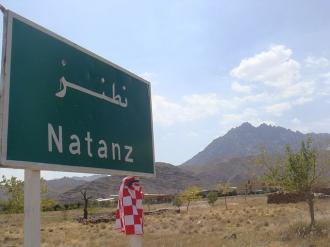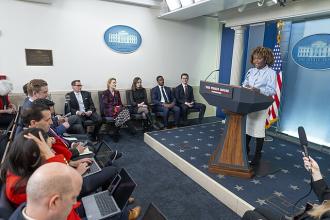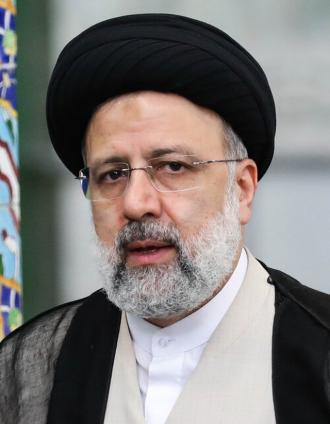‘MD COVID’ shows on caller ID when called by contact tracers
Baltimore, MD – The Maryland Department of Health (MDH) today announced the launch of a new state-wide outreach campaign urging Marylanders to “answer the call” when ‘MD COVID’ or ‘240-466-4488’ appears on their phones.
The campaign includes 15- and 30-second TV ads, radio spots and digital and social media ads designed to remind Marylanders that they can help reduce the spread of COVID-19 by answering the call from a contact tracer. The ads are in English and Spanish.
“Our new outreach campaign reminds Marylanders that we all have a role to play in fighting the spread of COVID-19 through contact tracing,” said Governor Larry Hogan. “The ads present stories of people in our own communities who can attest to the dangers of this virus and why answering the call will help save lives.”
The ads urge Marylanders to “answer the call,” referring to phone calls from more than 1,350 contact tracers whose job it is to contact people who have tested positive for COVID-19 and work with them to find out who they have been in close contact with so those people can be tested, too.
“Contact tracing is a critically important weapon in our battle against COVID-19,” said MDH Secretary Robert R. Neall. “Our new campaign states clearly that you have the power to protect your community by answering the call. Your participation can help keep loved ones, friends and neighbors safe from this insidious virus.”
The television ads feature Claudia Kalu, 44, of Baltimore County, Todd Poorman, 41, of Anne Arundel County and Dr. Michelle LaRue, Senior Manager, Health and Social Services at CASA de Maryland. Both Kalu and Poorman became seriously ill with COVID-19 and have recovered.
Not only did Kalu contract COVID-19, but her husband Ben and son Micah did as well. Ben was hospitalized after developing double pneumonia. COVID-19 “can lead to death,” Kalu says in the ad. “Passing it onto someone else is not fair. So definitely contact tracing is important because that’s how we are going to stop the spread.”
Poorman likely passed the virus to his seven-week-old son, who also tested positive for the disease. “This virus is very, very sneaky,” he says in the spot. “I felt just horrible. I have never cried like that in my life, looking at him, holding him, realizing that I had infected him. It is a heavy burden. And that is why I think that contact tracing is so important, because you can prevent that.”
The campaign’s slogan, “Respond. Connect. Recover,” signifies that all Marylanders have an important part to play in preventing the spread of COVID-19, which has resulted in the deaths of more than 3,000 people in the state.
MDH has quickly expanded its team of contact tracers across the state’s 24 jurisdictions. The program has the capacity to track 1,000 cases and up to 10,000 contacts daily. On April 22, Governor Hogan announced a contract with the National Opinion Research Center (NORC), the nation’s oldest and largest university-based research firm, to hire and train contact investigators.
Contact tracing has been used for decades and has been effectively employed during other health emergencies, such as measles outbreaks, HIV, the H1N1 pandemic in America and Ebola outbreaks in Africa.
MDH’s contact tracing program works like this: when an individual tests positive, case investigators reach out to that person by phone within 24 hours. Based on information collected about the COVID-19 positive individual’s symptoms and contact history, case investigators will call other people with whom the individual has had close contact and provide necessary guidance about monitoring symptoms, isolating at home and getting tested.
Depending on whether the contact tracer is calling directly from NORC or a local health department, there will also be a list of phone numbers provided to verify the caller’s identity. Maryland’s contact tracing workforce is trained to ensure personal information is collected in accordance with regulations to protect privacy and personal health information.
The contact tracer will ask about the individual’s health, symptoms, duration of symptoms and interactions with other people. A contact investigator will never ask for Social Security numbers, financial or bank account information or personal details unrelated to COVID-19. They will not ask for photographs, videos, passwords or payment.
To view Claudia’s “Answer the Call” PSA, visit: https://bit.ly/CovidLINK_Claudia
To listen to the “Hello — Answer the Call” PSA, visit: https://bit.ly/CovidLINK_Audio
For more information on contact tracing in Maryland, visit: https://coronavirus.maryland.gov/pages/contact-tracing















